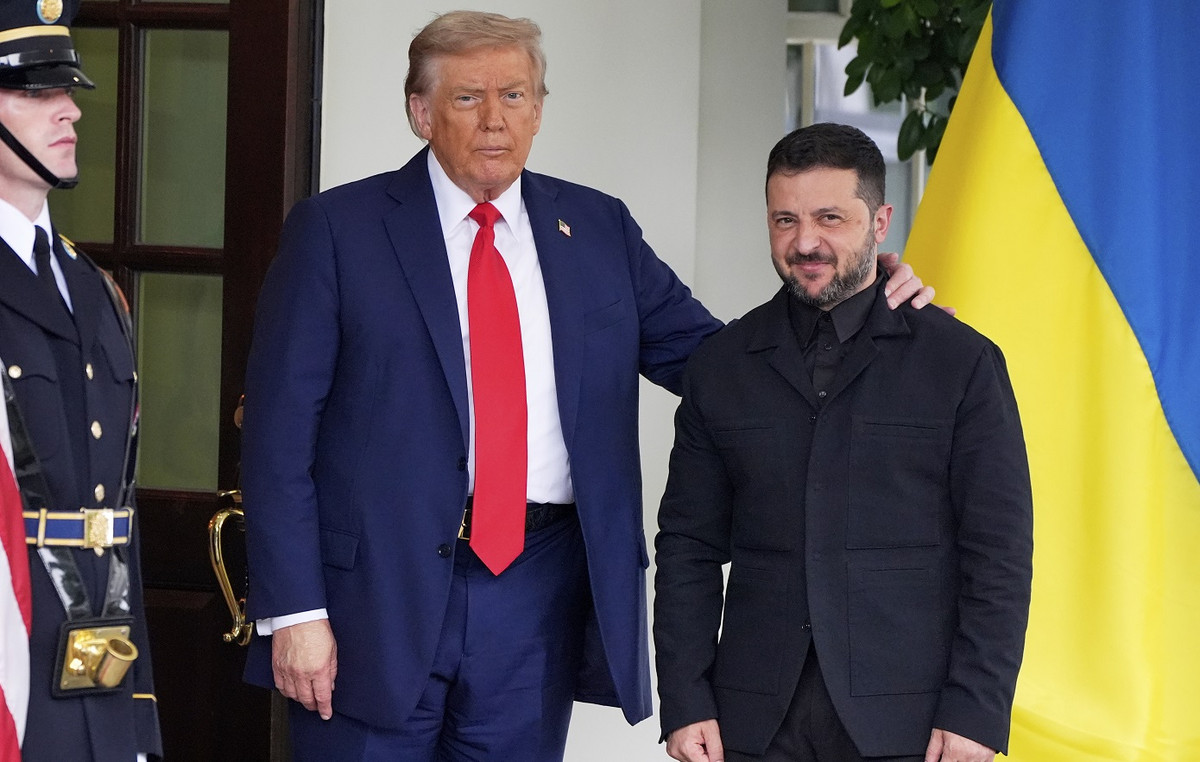Oil futures contracts closed with gains on Friday (21). The commodity even dropped earlier in the day, but moved into positive territory supported by industry news and the dollar’s decline.
December WTI crude closed up 0.64% ($0.54) at $85.05 a barrel on the New York Mercantile Exchange (Nymex), and Brent for the same month rose 1.21 % (US$1.12), at US$93.50 a barrel, on the Intercontinental Exchange (ICE). In the weekly comparison, WTI fell 0.65% and Brent rose 2.04%.
The signal was negative at the beginning of the journey, with fears about the monetary tightening promoted by major global central banks and the economic slowdown, which weighs on demand. Later, however, the mood improved.
In exchange, the dollar retreated, making the commodity, quoted in the American currency, cheaper for holders of other currencies.
In Oanda’s assessment, the contracts were also supported by the expectation that the monetary tightening of the Federal Reserve (Fed, the American central bank) will not suffocate the economy, in a context also of more risks of sanctions against Russia and Iran.
In addition, Saudi Arabia reported that the country and China intend to cooperate to maintain the stability of the oil market.
In Europe, French President Emmanuel Macron announced the country’s withdrawal from the Energy Charter Treaty, a multilateral effort linked to the sector. According to French media, Macron said that leaving the pact is consistent with the fact that Paris aims to achieve its goals in the fight against global warming.
In the US, Baker Hughes said the number of wells and oil rigs operating in the country rose 2 in the week to 612.
The US government said in a statement from the Treasury that it continued to try to impose a ceiling on the price of Russian oil.
Washington argues that it will be able to limit the revenue used by Moscow for the war in Ukraine, but without causing problems in the market.
Despite today’s gains, TD Securities highlighted risks ahead. In a report to clients, the bank mentions the risk of a global recession, which, if it doesn’t “kill demand”, tends to reduce the pace of its growth.
At the same time, the TD recalls that the Organization of Petroleum Exporting Countries and allies (OPEC+) cuts supply, in a context of low inventories, which for the bank leaves the world with little protection against supply shocks.
Source: CNN Brasil
Joe Jameson, a technology journalist with over 2 years of experience, writes for top online news websites. Specializing in the field of technology, Joe provides insights into the latest advancements in the industry. Currently, he contributes to covering the world stock market.







